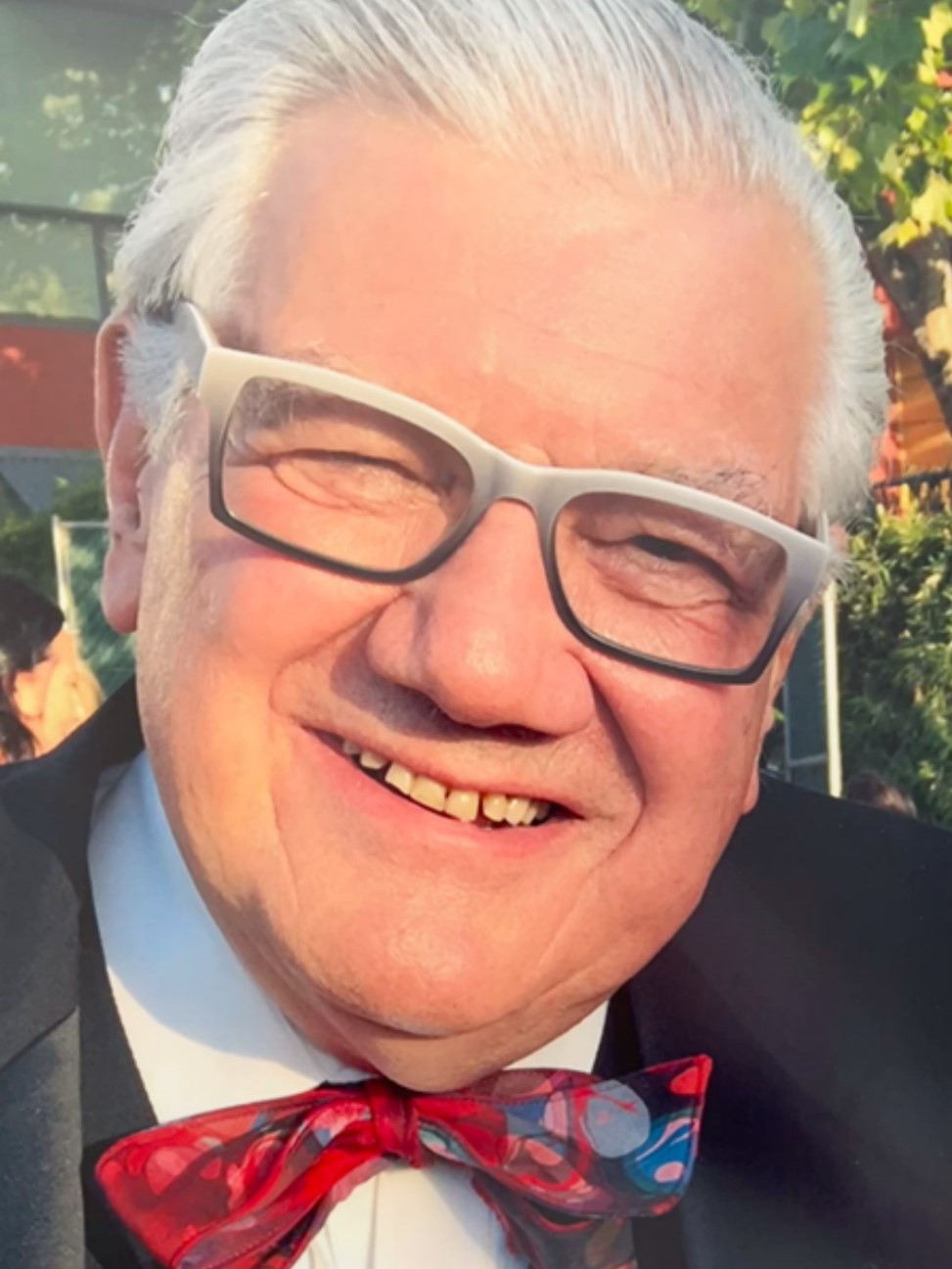 |
From his start as a trainee to work in the federal regulatory arena and eventual ownership of a short line holding company, Hall of Fame honoree Bruce M. Flohr has viewed the railroad industry from many angles. Though in his eighties, Flohr still works to share his lifetime of knowledge with the next generation, having recently added “published author” to his long and storied resume. Flohr got his start in the railroad industry in 1965 as a brakeman and management trainee with the Southern Pacific Railroad. The Stanford University graduate and former U.S. Army officer eventually rose through the ranks at the company, holding positions as assistant trainmaster and assistant superintendent before being named division superintendent of the company’s San Antonio Division in 1971. After four years as division superintendent, Flohr was appointed Federal Railroad Administration (FRA) deputy administrator, where he was in charge of regulatory enforcement and rail safety and personnel issues. In 1977 Flohr was named acting administrator of the FRA. But government official was not Flohr’s destined career path and later that year he resigned to start his own company, RailTex, Inc. |
|
|
When RailTex first began, its headquarters was a room in Flohr’s San Antonio, Texas home. The company first operated as a railcar leasing company, renting open-top hopper cars to quarry operators moving rock for construction projects. By 1989 the company had a fleet of 630 railcars. In 1982, with a recession driving down demand for construction materials like the rock shipped in RailTex hopper cars, Flohr and his team needed other business opportunities. Upon learning about how poorly run small railroads were at the time, Flohr started looking into rail management consultant contracts before moving to purchase a short line. In 1984 Flohr acquired the San Diego and Imperial Valley Railroad, increasing rail traffic from 1,600 rail cars annually to 6,000 just three years later. RailTex added its second short line, the Austin and Northwestern Railroad, in 1986 and Flohr had found his niche. Knowing he could not run both his original business and a short line holding company, Flohr sold the railcar leasing segment to Chrysler Corporation in 1989. By 1992 RailTex operated over 2,400 miles of track and recorded $39.3 million in revenues, prompting industry publication Railway Age magazine to bestow its Short Line of the Year Award to RailTex’s entire 20-railroad portfolio instead of a single railroad. Flohr took RailTex public in 1993 and expanded into international operations later that decade. In 1995 RailTex’s New England Central Railroad won the company’s second Railway Age Short Line Railroad of the Year award. |
||
 |
Flohr sold RailTex in 2000 to RailAmerica, which was eventually acquired by ASLRRA member parent company Genesee & Wyoming Inc. At the time of the sale, RailTex revenues were $176 million and its assets valued at $368 million. RailTex had acquired 34 separate lines and operated them as 23 different short line railroads, the largest in North America at that time. Flohr has served as a member of the Association of American Railroads Executive Committee for six years and chair of the Regional Railroad Association for four, prior to the latter organization’s merger with the American Short Line Railroad Association to become ASLRRA. His success as a businessman earned him profiles in Venture magazine, INC. magazine and the Wall Street Journal. Outside of railroads Flohr was and is active in community organizations, including the Texas Water Mission, Torch Club, Rotary International, Our Lady of the Lake University, Alamo Public Television and the Witte Museum. He also established the Flohr Family Foundation, which has donated over $3 million to different groups. As for the Flohr family itself, Flohr and his wife Janet have four children and 13 grandchildren and will celebrate their fiftieth wedding anniversary this year. And that “published author” bullet point? Flohr’s book, a “mini-MBA program” titled Staying on Track, came out in January 2022. |